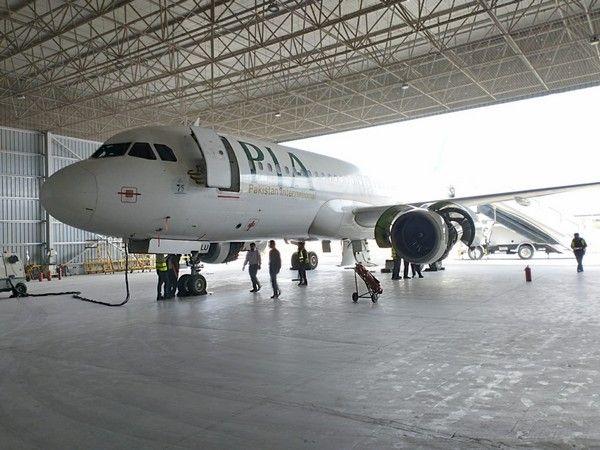It looks like winter has finally arrived in Delhi and the NCR region, but with it comes the all-too-familiar problem of pollution. A thick blanket of smog has covered the area, making the air heavy and unhealthy, and visibility poor.
AQI Noida-Gurgaon: Air Quality Hits 'Very Poor' Levels
The air quality in Delhi reached alarming levels early in the morning. By 8 a.m., the Air Quality Index (AQI) was at 361, which is categorised as 'Very Poor,' according to the Central Pollution Control Board (CPCB). This means the air is extremely unhealthy and can cause serious health problems, especially for people with respiratory issues.
Read More: Delhi AQI dips to 400, very poor range for 15th consecutive day
Areas with Worst AQI Readings
Some areas of Delhi are experiencing particularly bad air quality. Anand Vihar's AQI dropped to 399, while Punjabi Bagh and Ashok Vihar had readings of 382 and 376, respectively. These numbers indicate the air is filled with harmful particles, making it unsafe to breathe.
Pollution Across NCR Region
The pollution isn’t limited to Delhi alone. In the surrounding NCR areas, the air quality is just as bad. Noida's AQI was 353, Ghaziabad recorded 339, Gurugram reached 344, and Faridabad had a reading of 262. While Faridabad's level is slightly better, it’s still in the 'Poor' category, which means the air is unhealthy.
Stay Safe and Protect Yourself
With the pollution levels so high, it's important to take precautions. People are advised to stay indoors as much as possible, especially those with asthma or other respiratory conditions. Wearing a mask and using air purifiers can help reduce the risks of exposure. The situation is expected to persist, so everyone needs to stay alert and protect their health.








